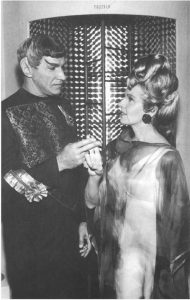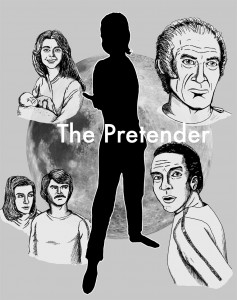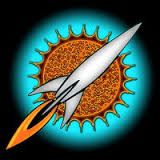2021 is here, and, so far, I’m not impressed. But, as the year laughs at my meager expectations for it, throws them down in the mud, stomps on them, urinates all over them, and then flips me the bird for good measure, I press on. 2021 is a petulant child, and perhaps a lot of encouragement and a few timeouts will train it up into an acceptable adult.
And let’s not rule out spanking. I will put this year over my knee if it pushes me too far, no matter what Psychology Today says about the damage to Baby New Year’s tender self-esteem.
I believe I’ve mentioned that I haven’t been writing. Or have I? In case I haven’t mentioned it, I haven’t been writing. But then you know that, don’t you? If I had been writing, you’d be reading about it here.
In an effort to get myself back in touch with the writer within, who has taken to living in a shack with no central heat or running water somewhere in the uncharted wilds of my cerebral cortex, living off Squirrel meat and hoarded cases of Key Lime LaCroix, I have been revisiting opuses past. (Opii?)
To wit, I’ve been reading and gently correcting (which involves neither timeouts nor spanking) my fan fiction, written between 1982 and 1996. I’ve also been sharing it on AO3, as I’ve been sharing some of the works of my late mother-in-law, Bev Volker, and her sister, Nancy Kippax.
Writing characters not your own in universes you didn’t create can, if approached with care, but a stimulating mental exercise for the writer. Going back and reading those exercises can be pleasantly nostalgic. It can also be cringe-worthy. If you’re honest, it can give you a glimpse into who you used to be and how you got where you are.
And, at the end of the exercise, maybe—just maybe—you’ll feel up to doing original writing again.
We’ll see.
In the meantime, if such appeals to you, my Fan Fic page has been updated with more links to the works that jump-started what we laughingly call my career. (And if you look closely, you’ll see that one more fan fic slipped out of me recently.)
Peace.



